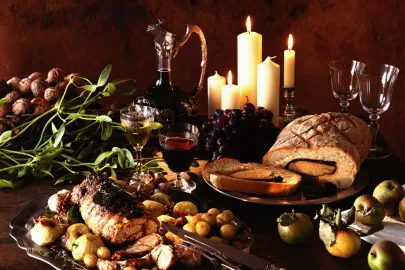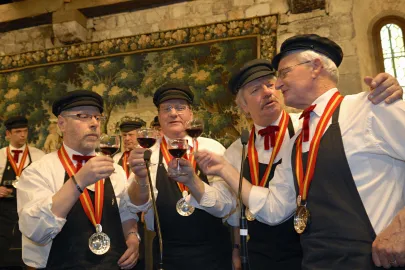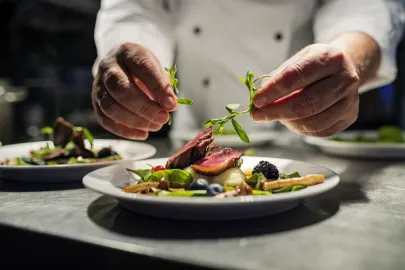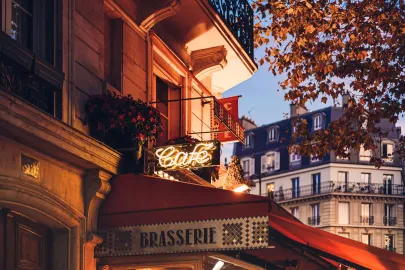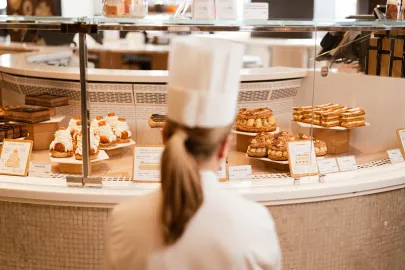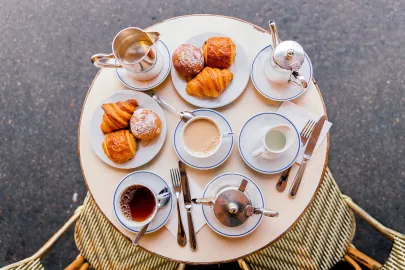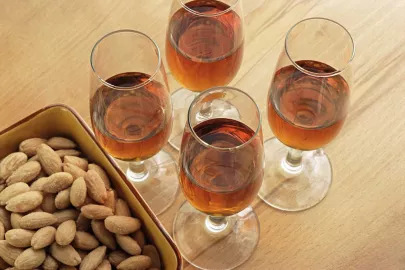Discover the new wave of French chefs blending tradition, sustainability, and creativity to shape the future of France’s gastronomy in 2025. Locavore dining, plant-based innovation, and a fresh take on terroir.
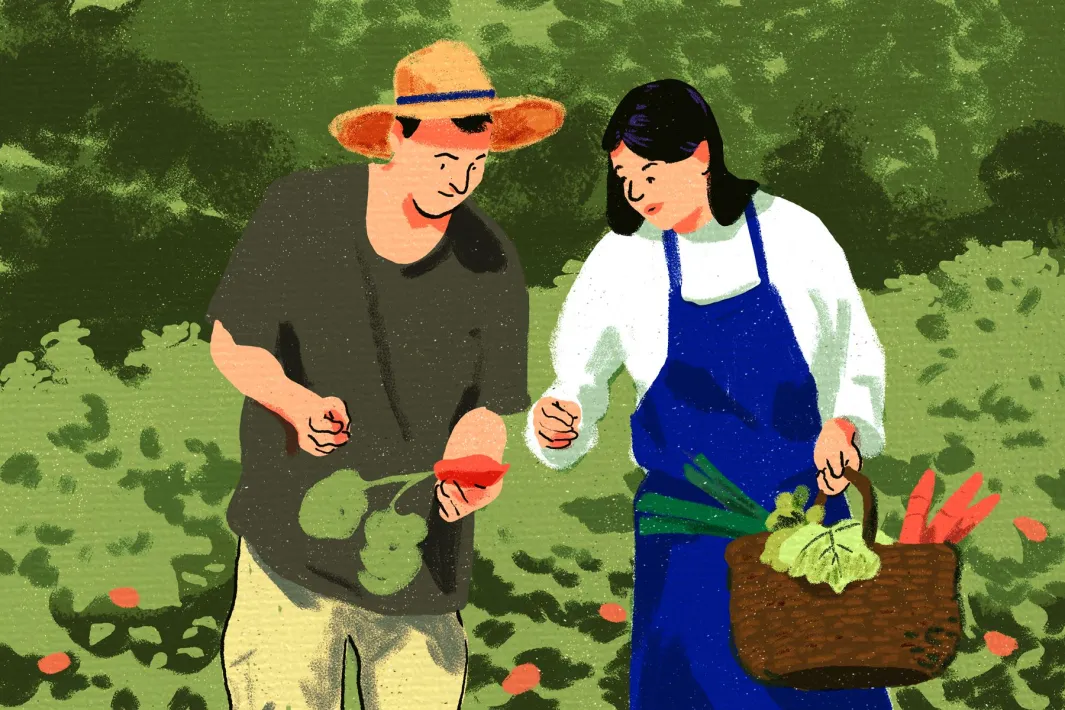
French cuisine may be steeped in centuries-old sauces, strict hierarchies, and fine dining tradition. Yet beyond this polished image, it is alive and constantly evolving. Across the country, a new wave of chefs is pushing the boundaries: blending terroir with bold ideas, folding in global influences, and giving sustainability a broader meaning. From Paris to Marseille, Normandy to Brittany, welcome to a French gastronomy that is daring, diverse, and resolutely in motion.
All Roads Lead to The Kitchen
There was a time when the path to a French kitchen was almost always the same: years of training under a Michelin-starred mentor, a strict hierarchy, and a slow climb up the ladder. This is no longer the only route to recognition — nor does it always happen within a traditional restaurant setting. Social media and TV shows have helped democratising and glamourising the chef figure. The hugely popular Top Chef series has shone a light on great talents from all walks of life. One example is Valentin Raffali, the 2024 semi-finalist running Livingston in Marseille — a restaurant-turned-chef-residency, embracing all fields of creativity and catering to la crème of fashion and music labels.
In Paris, chef Chloé Charles describes herself as a “flying goal”. Known for her zero-waste activism through Reductio and her joyful cuisine, the former Top Chef contestant (2012) hosts bespoke diing experiences. In her private space Lago or through events, guests may taste Cévennes onions with walnuts, shiitake and scamorza or her vegetarian take on the French classic blanquette.
Legitimacy too has levelled out between classically trained chefs and self-taught talents. Thomas Benady, chef-owner of L’Auberge Sauvage in Normandy honed his craft through his two previous ventures, gradually growing to a gastronomic table. In this peaceful former presbytery, Benady creates an ever-changing menu of instinctive, nature-driven dishes that reflect the terroir of Mont Saint-Michel Bay — think Manche scallops or Bouquet shrimps from Chausey Islands. His approach rooted in sustainability, focusing s on wild plants, his vegetable garden, and house-made staples. Opened in 2020 with partner Jessica Schein, it has become one of the country’s most acclaimed, locavore restaurants.
Beyond “Local”: A Broader Sustainability
This generation has expanded the conversation. For them, sustainability goes far beyond the labels. It’s about rethinking ethics in the kitchen, reshaping our relationship to food, and creating healthier and fairer workplaces.
At Datil in Paris, Manon Fleury and Laurène Barjhoux are as passionate about the restaurant ecosystem as they are about the menu. The chef-owners have pioneered new models of organisation that put people first — from staff to producers, winemakers to artisans —, aiming to “intellectualising cooking to give it political meaning”.
Elsewhere, chefs are paying more and more attention to the supply chain itself. Meat-centric La Femme du Boucher in Marseille, for instance, works directly with farmers to ensure meat traceability. Chef Laëtitia Visse has earned a reputation for her charcuterie — try her famous pâté en croûte. On the sweet side, pastry chef Claire Heitzler, near Paris, highlights the power of seasonal French pastry rooted in top-notch grower partnerships. Her creations celebrate incredible produce such as organic French citrus from Agrumes Schaller in Occitania, French cream “En Direct Des Eleveurs” from the Loire region or Fleur de Sel from the Camargue.
Together, these initiatives show how the notion of “sustainable gastronomy” is getting broader by the minute.
A Mix & Match of Territories and Cultural Influences
This movement is also deeply regional and diverse. In Lille, acclaimed chef Florent Ladeyn grounds his cuisine in the distinctive ingredients and landscapes of northern France - yes, Maroilles cheese and chicory are involved. In Brittany, Hugo and Marine Roellinger carry forward the powerful family legacy at Maisons de Bricourt while charting new courses – rooted exclusively on the “merroir”, the rich terroir of the sea.
France has also become a laboratory where heritage and modernity meet. In Marseille, Ave Racine transforms vegetables into plant-based charcuterie,
Meanwhile, restaurant groups and collective bring fresh energy to French dining by reinventing culinary heritage. Restaurateur Alice Tuyet redefines the bistro fare through a vegan lens with Daimant Collective. Meanwhile Bao Family, which started as “heartfelt Chinese canteens” using carefully sourced ingredients such as organic French flour and French meats, has now just grown to another level, taking over Street Bangkok Thai restaurant group. This new kind of cultural fusion is proudly global, yet firmly anchored in French sourcing.
French gastronomy is not standing still — it is moving forward, carried by chefs who honour heritage while embracing change. Their kitchens mix terroir with creativity, tradition with cultural fusion, and sustainability with style. For travellers, that means one thing: wherever you sit down to eat in France today, expect to be surprised.
Contributor
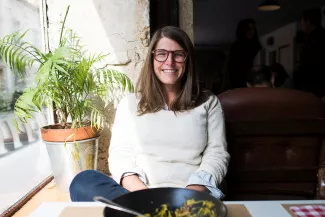
Editor

